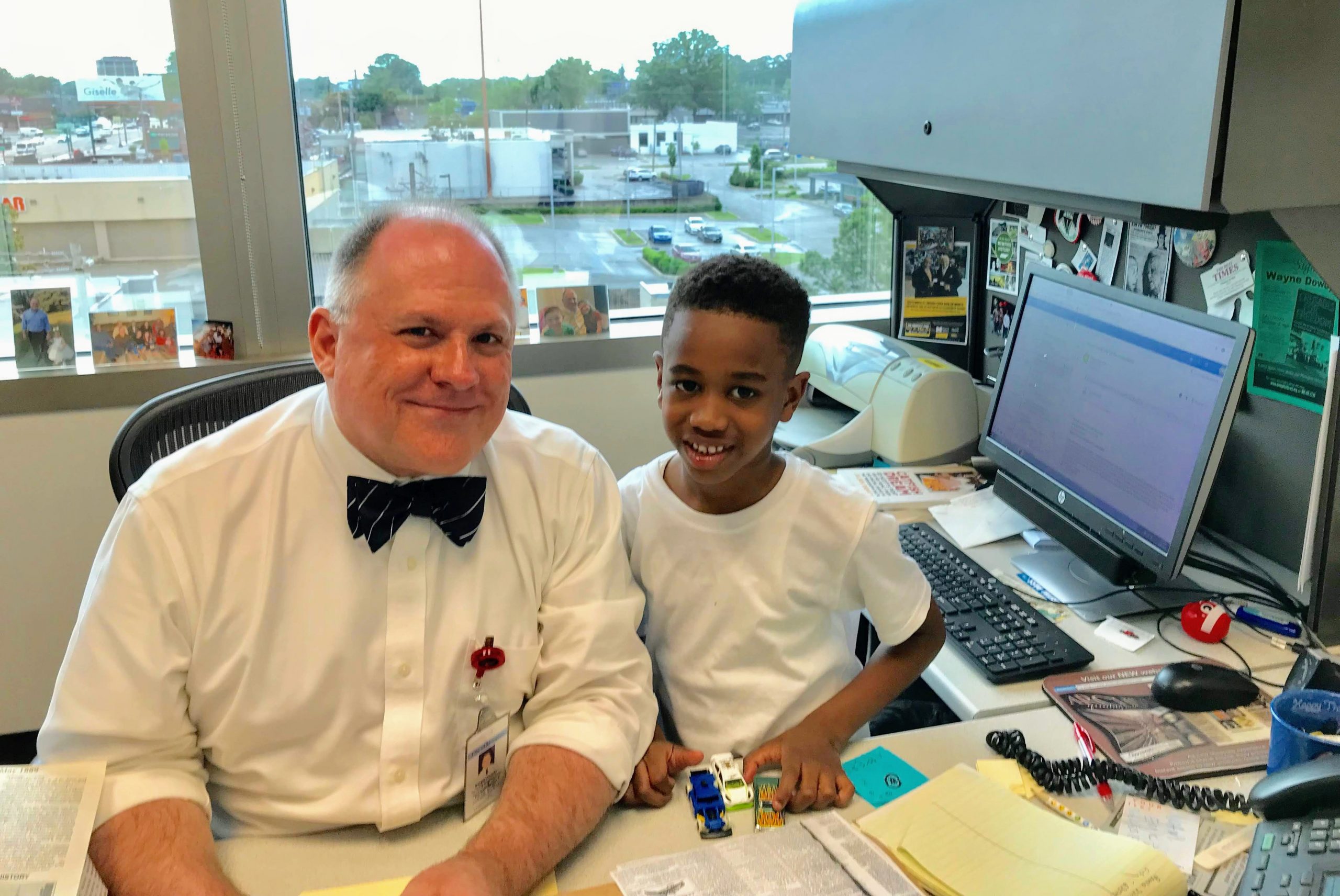By G. Wayne Dowdy
Your correspondent surveys the disruptions of American life due to the Covid-19 pandemic in another letter to Colonel John McLeod Keating, managing editor of the Memphis Daily Appeal during the 1878 yellow fever epidemic.
Dear Colonel Keating:
Deaths and infections from Covid-19 are increasing again after several weeks of improvement. 446 Shelby County citizens have now died and the total number of cases stands at 30,594. Nationally, deaths continue to rise; over 200,000 Americans are no longer with us due to the pandemic. Television news broadcasts often include the faces, names, and stories of those who have passed. These stories are always quite touching and remind us of the staggering cost of official incompetence and willful ignorance.
This level of disruption hasn’t been experienced since the Second World War, and it continues to take its toll on nearly everyone. Right now it is especially difficult for children and parents as schools try to provide a quality education.
For my colleagues Gina Cordell and SeCoya McNeil, guilt and stress have become constant companions as they grapple with the pitfalls of virtual learning. SeCoya and Gina are terrific mothers who let nothing stand in the way of their children’s development. They are fortunate to have an understanding employer and the means to provide their seven year-old sons Ellis and Peyton with the tools they need to succeed.
Before the pandemic Peyton and Ellis often visited my office where we sneaked in a little play time while I worked. Now they no longer visit and I miss them. This is one of the many disruptions that make up daily life in an infected land.

Wayne with Peyton 
Ellis and Wayne
At the library we’re still in phase two of our reopening which limits the number of staff and citizens that can be in the building at a given time. As a result, we see very few students looking for research material. I miss them too, because these interactions can sometimes be very rewarding.
Several years ago an African American teenager visited the history department looking for material to write a research paper. His assignment was to analyze the strategy used by either U. S. Grant or Robert E. Lee to win the Civil War. Assuming he would prefer the Union over the Confederate cause, we passed quickly by the Lee books then went to the Grant section. As we lingered there I asked him who he wanted to study. Convinced it would be Grant, I was startled when he smiled broadly and emphatically said that he wanted to study Lee. I recommended several titles and showed him how to use the index to find the appropriate sections. I left him with his books, assuming I’d never see him again.
I was wrong. A few weeks later he came back to tell me he had gotten an A on his paper. I will never forget the look of pride on his face as he shared his accomplishment with me. These encounters don’t happen often, but they are why many of us have dedicated our professional lives to public service.
Crushing this scourge remains our highest priority despite the unthinking anarchists who refuse to wear masks while screaming “I can do whatever I want.” Thankfully most Americans do not follow the doctrine of “don’t tread on me,” but rather “how can I help?”
I remain
Your Faithful Correspondent


